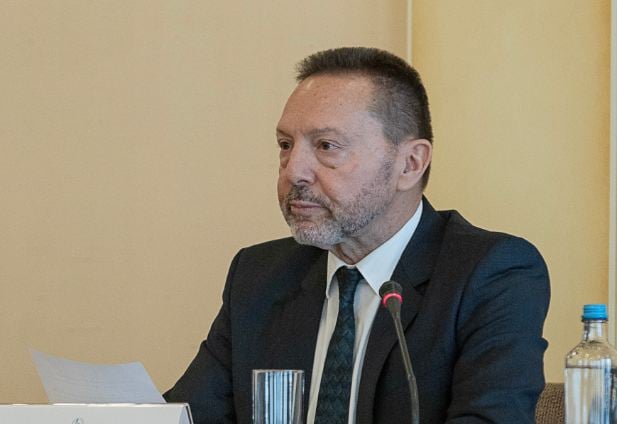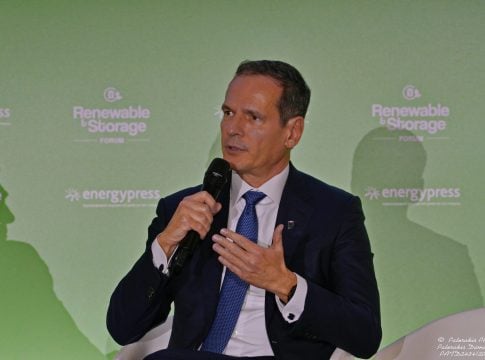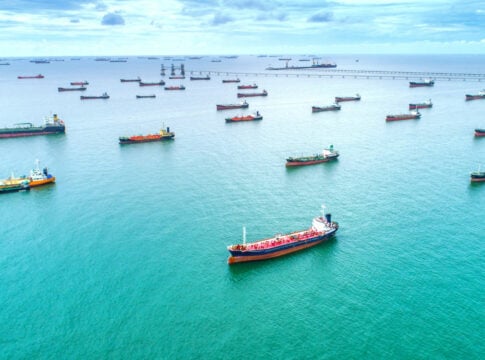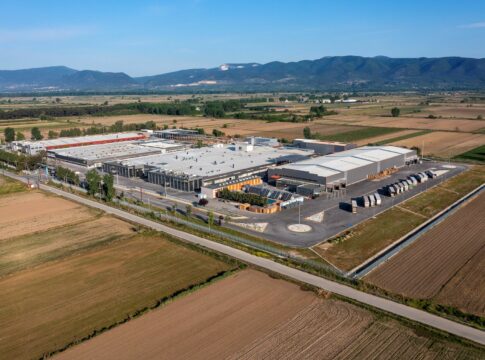The current situation of multiple crises should not slow down global efforts to achieve sustainable development, Bank of Greece (ΒoG) governor, Yannis Stournaras, said addressing the Economist conference “The Seventh Sustainability Summit for SE Europe and the Mediterranean.”
Stournaras stressed the importance of international cooperation, strong political commitment, coordinated actions with monitoring and evaluation, inclusive governance, active participation of society, and of course access to sufficient financial resources, with an emphasis on the most vulnerable regions and social groups.
Referring to the multiple crises, he said that they concern geopolitical, energy, social issues, and all, directly or indirectly, are related to sustainability. “The global economy is fragile as the recovery from the pandemic and the war in Ukraine slows, while at the same time the divergences between economies and countries widen,” he noted.
He emphasized that “in this demanding environment, the financial sector needs to remain resilient to possible macroeconomic and geopolitical shocks, supporting the economy, while taking measures to address the challenges related to digital transformation and climate change.”
According to BoG governor, despite the progress made in financing the implementation of climate policies, both the transition to a low-emission economy and adaptation to climate change still need significant reinforcement.
Stournaras underlined that “for the European economy, and especially for the eurozone, there will be no definitive answer to the new major challenges – either to the crises I mentioned above, such as climate change and the green transition with increased investment needs and financing – without greater and wider fiscal consolidation, and the completion of the banking union. However, we should not wait for the political conditions in the euro zone to mature for all of this to proceed. For example, the capital markets union is already mature for immediate implementation, as are the European Commission’s proposals for managing banking crises and the European deposit guarantee scheme.”
Stournaras said that risks related with the climate were a source of instability and vulnerability for the financial system as they could affect monetary policy and create turbulence in price stability, adding that central banks were adopting specific pre-emptive measures to protect price stability and together with supervisory authorities to ensure that the financial system was resilient to those risks. He reiterated that the current situation of multiple crises should not slow down global efforts to achieve sustainable growth.















